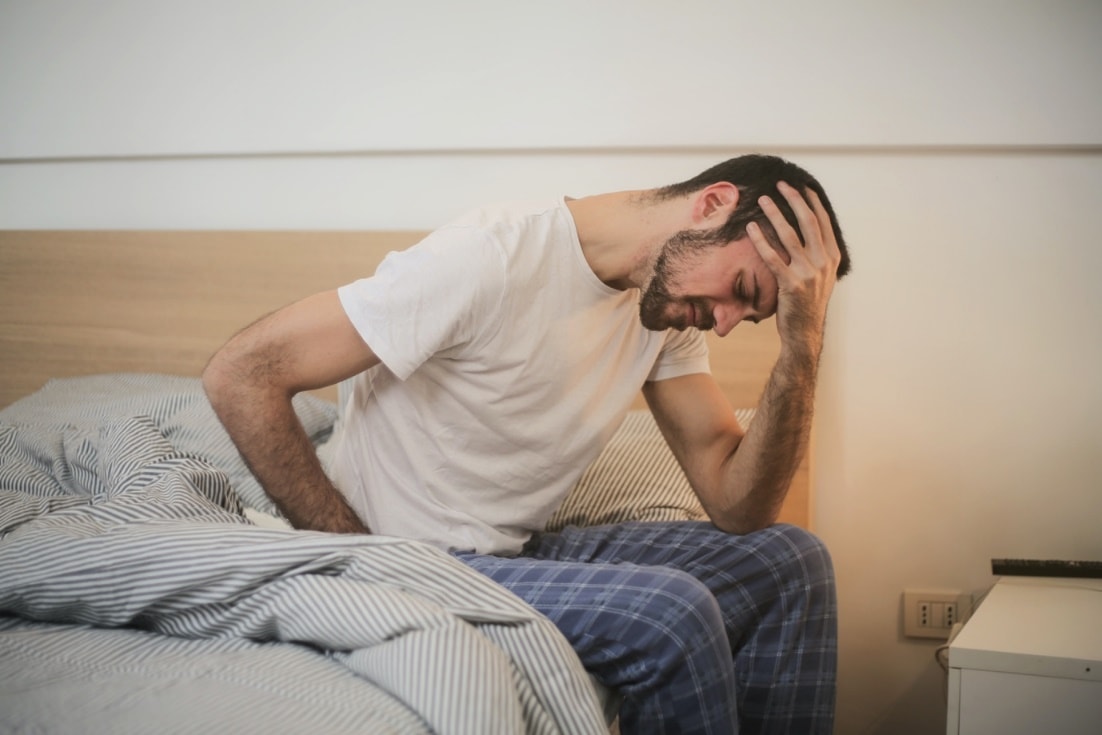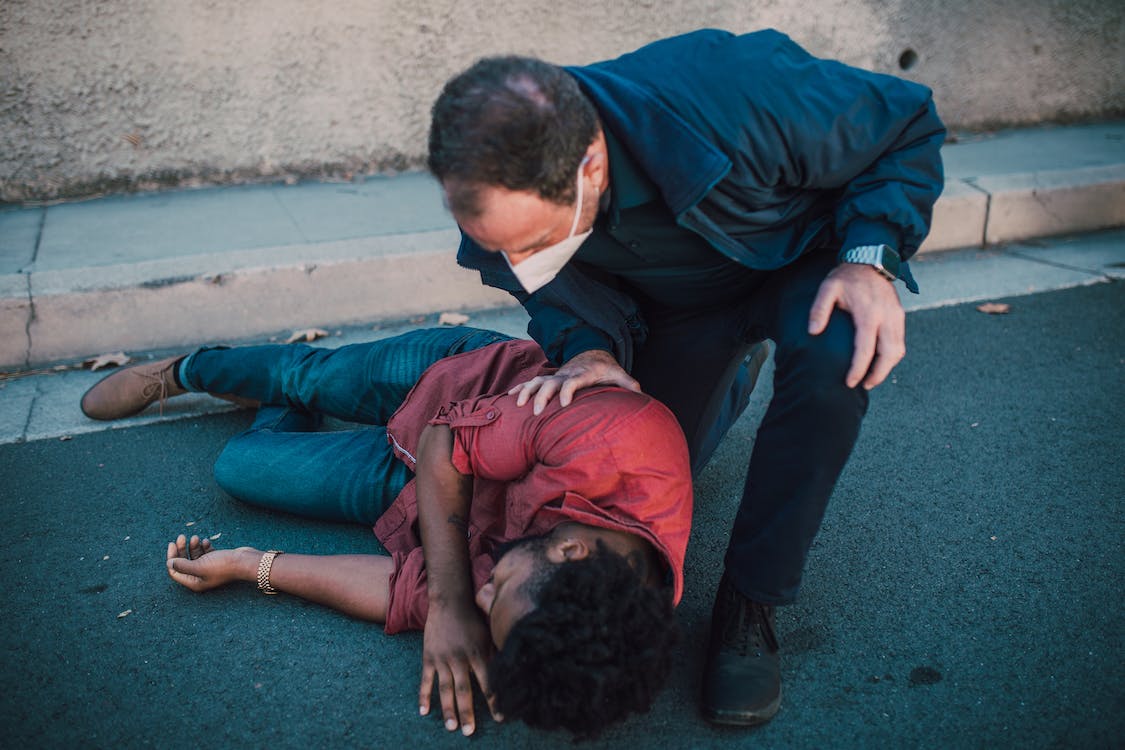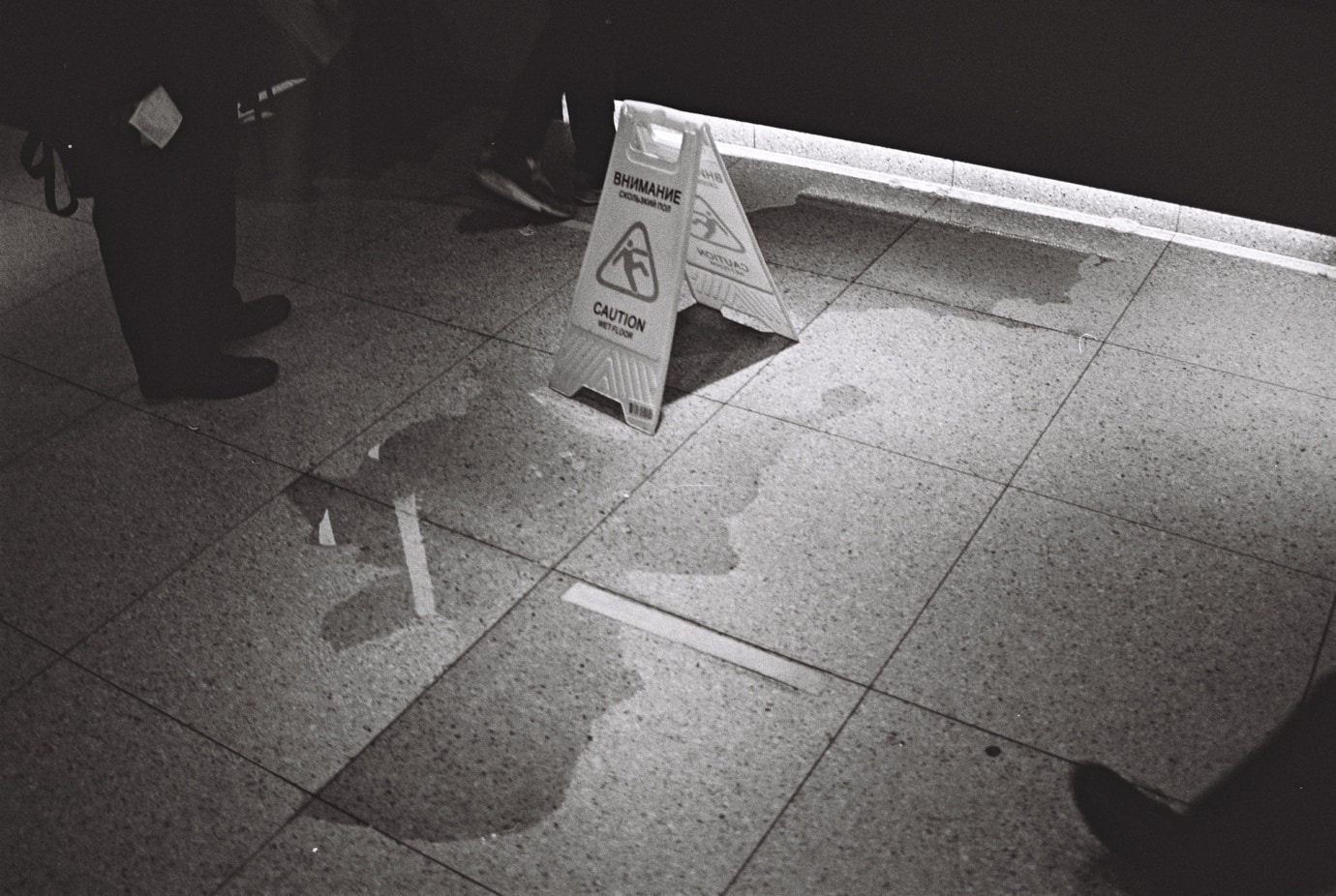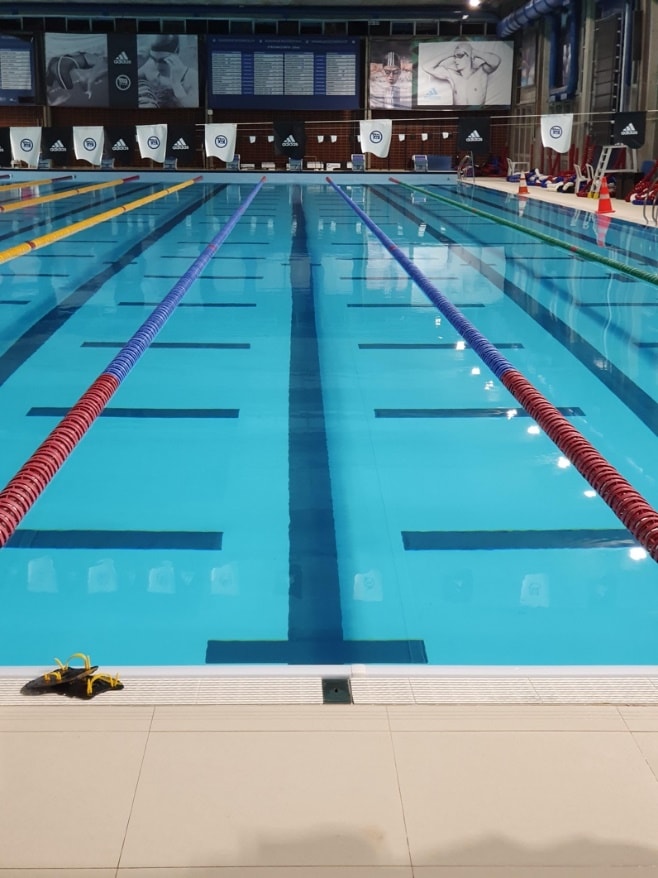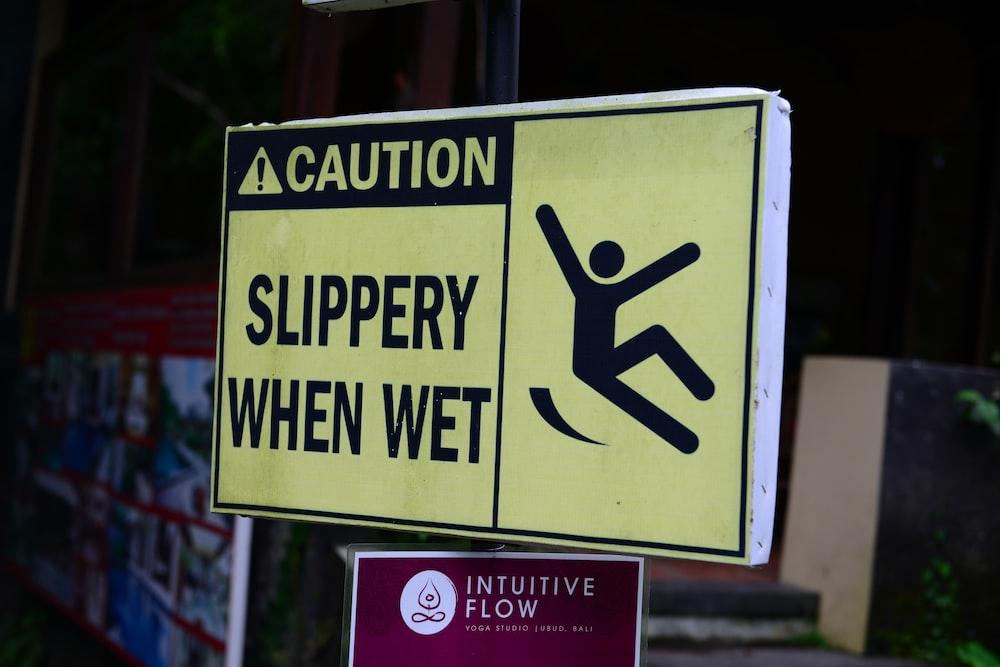Over 3 million persons are admitted to hospitals each year due to tripping or slipping on hazards. These mishaps can be avoided the majority of the time. It is often possible to file a “slip and fall” or “trip and fall “claim to recover damages in such circumstances.
Many accident victims cannot distinguish between a “slip” and a “trip.” It may result in contradictory testimony and other evidence, which could hurt a case in court.
Victims must learn the distinctions between “trip and fall” accidents and “slip and fall” accidents to obtain the compensation required for recovery successfully. This blog will cover the differences between slips, trips, and falls to help you distinguish between them.
What Is a Slip?
More often than not, anything wet or slick on the floor—like water or ice—is to blame when someone trips and falls. Things spilled on the surface, such as beads or other spherical articles, can also cause slips.
A loss of surface traction can force the foot to slide upward and outward, occasionally leading to a fall. Slips frequently result in injuries to the hip, the head’s backside, the back, and the neck.
Ensure all floors are dry and spotless to prevent slip and fall accidents in Nevada. When this is not always practicable, such as when there is a leak, the “Wet Floor” sign can be very helpful in warning people of the potential danger.
What Is a Trip?
Usually, immovable items, uneven or damaged surfaces, or obstructions in the way lead to tripping. Workplace trip hazards can include:
- Things left on the floor.
- Dimly lit areas that hide obstacles.
- Even loose carpeting and rugs.
Forward and outward motion can lead to a fall when a moving foot encounters opposition in the shape of one of these obstacles or objects. Injuries or bruises to the head or face’s front, injuries to the knee and elbow, and fracturing of the arms or hands are typical injuries individuals may suffer from tripping and falling.
Once more, it is simple to avoid trips at work by making sure that all walkways are clear of obstacles, that all paths are well-lit, and that any uneven or damaged surfaces are fenced off or prominently marked.
Why Is It Important to Differentiate Between Trips and Slips?
Particulars and nuances frequently affect an accident injury lawsuit’s outcome. When describing an accident to a court, it’s essential to keep the details factual, descriptive, and in chronological order.
Throughout the case, the plaintiffs want to repeat the same testimony, the same as the first time it was delivered right after the accident.
Because of the discrepancy between the injured person’s experience and the facts produced, a defense counsel may be able to prevent them from obtaining the maximum compensation to which they are entitled. For example, one can accidentally create a disparity that could be exploited by initially saying that one suffered a trip and fall accident in Nevada and then revising the narrative to a slip and fall accident.
How Can You Get Compensated For Slips, Trips, and Falls in Nevada?
You may settle outside of court for the injuries you experienced in your trip/slip accident. While it is certainly possible, we advise using a personal injury lawyer to pursue your case correctly.
To save themselves money while you recuperate from your injuries, insurance providers will do everything they can to ensure you receive the minimal settlement possible. A skilled attorney can enable you to obtain the maximum payment possible and guarantee that those responsible for your tragic situation are held accountable.
Contact The Bourassa Law Group right away to go over your options. We have experienced personal injury and slip, trip, and fall lawyers who can give you all the details you need to prosecute your case. We are here to assist you in determining if you may be eligible for compensation in addition to your medical costs. Call us at (800)870-8910 for a free consultation!
